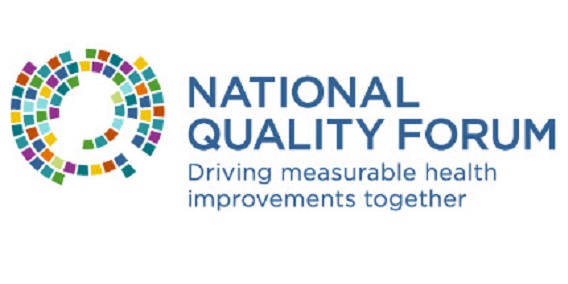Through this report, the National Quality Forum (NQF) offers the Centers for Medicare & Medicaid Services (CMS) and other stakeholders a review of healthcare quality measures (QM) relevant to addressing America’s opioid crisis. The report considers issues related to acute and chronic pain management and substance use disorders (SUD). It answers two guiding questions: (1) What are the priority gaps in QM science that need to be filled in order to reduce opioid use disorders (OUD) and opioid overdose deaths without undermining effective pain management? (2) What existing and conceptual measures should be deployed in the following types of federal medical payment programs to best address the opioid crisis moving forward: Merit-Based Incentive Payment System (MIPS), alternative payment models (APMs), the Medicare Shared Savings Program (SSP), the Hospital Inpatient Quality Reporting Program (IQR), and the Hospital Value-Based Purchasing Program (VBP)?
The conclusions of this report emerged from an NQF-facilitated consensus development process engaging a 28-member Technical Expert Panel (TEP). The TEP was composed of physicians, nurses, patients, pharmacists, and others with expertise and experience in pain management and OUD. CMS funded this work pursuant to enabling legislation from the U.S. Congress, the 2018 Substance Use-Disorder Prevention that Promotes Opioid Recovery and Treatment for Patients and Communities (SUPPORT) Act Section 6093. Ultimately, the guidance proffered here aims to achieve the application of the proper healthcare quality metrics across the U.S. healthcare system. Using the best metrics, in turn, aims both to continue to reduce opioid deaths verifiably, to encourage the implementation of best practices of pain management, to decrease the incidence of other SUDs, and to decrease illegal drug use by those unable to obtain prescription pain medication.

